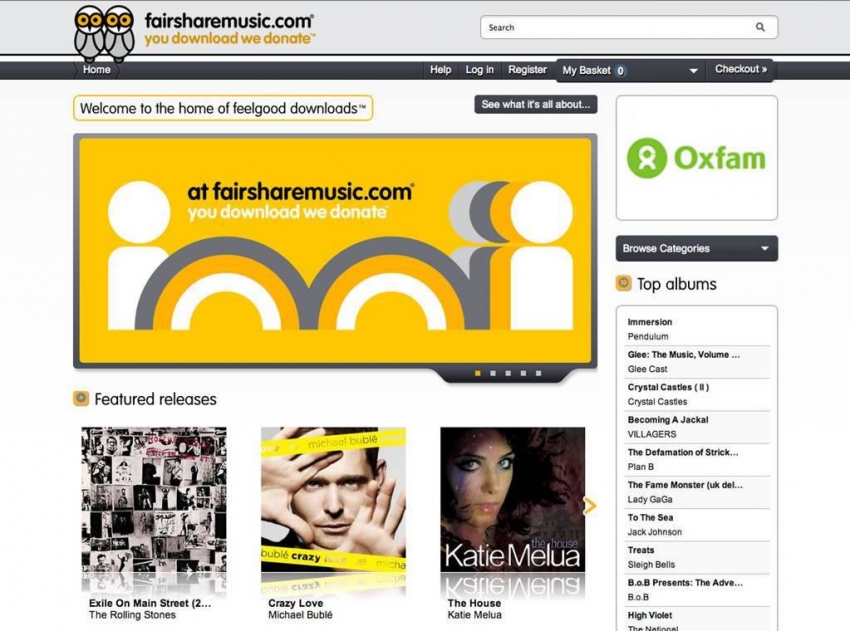Charity Digital Code to launch in one month
The summary of the Charity Digital Code consultation has been published, with the Code itself due to launch on 15 November.
The Code’s steering group has been working with 40 charities to develop it since spring 2018, with the project funded by The Co-op Foundation and Lloyds Banking Group. The steering group has been chaired by Zoe Amar, founder of Zoe Amar Digital, with representatives from organisations including ACEVO, The Small Charities Coalition, the NCVO, Office for Civil Society, CAST, Tech Trust, and the Charity Commission.
The Code sets out principles and best practice for large and small charities using digital, to help them increase impact, develop skills and improve sustainability.
The summary reveals that the consultation received 171 responses, and showed support for the Code, with the leadership, user led and skills principles singled out as being especially relevant.
Summary of feedback from the #CharityDigitalCode of practice consultation published today – https://t.co/ziTFykYKwX Looking forward to see the updated code launching on 15 November and seeing it grow and develop as a resource to help boost engagement with digital pic.twitter.com/vxcJPfxpsD
— Do-it.org (@DoitUK) October 12, 2018
Advertisement
It also revealed that 60% wanted to increase digital skills at their charity, with 49% stating that they are using digital well but need to take things to the next level. 39% need funding to progress with digital and 36% wanted to know how to manage risk. Just over a quarter (26%) need their boards to get behind digital, with 16% wanting more support from their leadership team. A quarter of respondents said they don’t know what to prioritise.
Many respondents were keen for resources to help them with implementation, such as how-to guides, case studies, opportunities to learn from peers and assessment tools, while some felt it would take time to implement. Some respondents were keen to see more in the Code about data, developing the right mindset for digital and making the case for investment.
Overall, 81% of respondents were either very satisfied or somewhat satisfied with the Code, 82% said that it was either clear or somewhat clear in outlining the standards and how they apply to their organisation, and 79% of respondents will definitely or probably use it.





